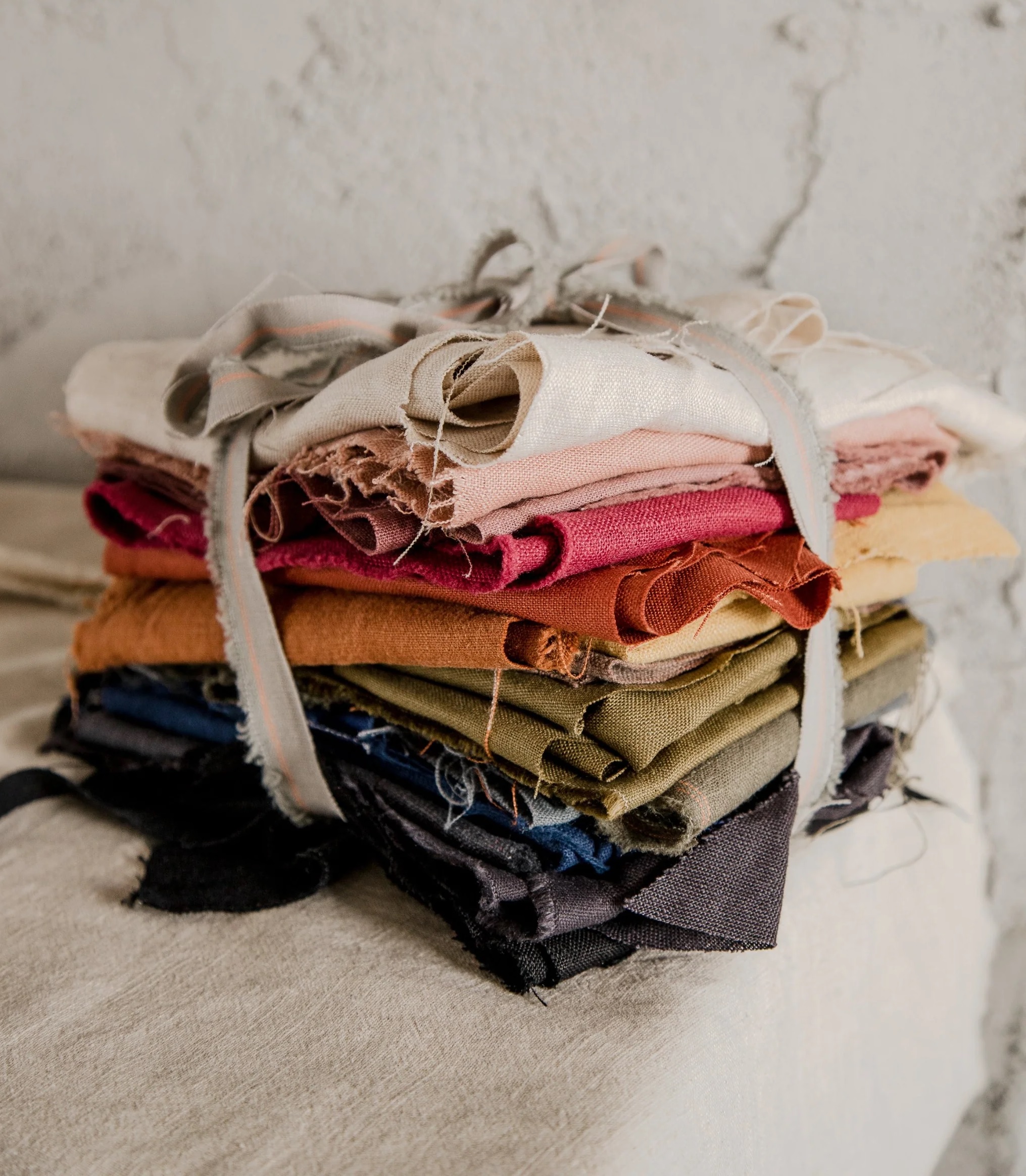
When my sister and I traveled to India one summer, I thought we were just going on a family vacation. I was 15, distracted by street food, cricket matches, and a long break from school. What I didn’t expect was that a single conversation—one we stumbled into by chance—would change the way I see the world, and my place in it.
Back then, I was like most teenage boys. I barely understood what a period really was. It felt like a distant, awkward topic that didn’t concern me. No one ever talked about it openly—not at school, not at home, not with friends. I had no idea that something so normal and natural could also be the reason why millions of girls and women miss out on school, work, and opportunity.
That changed the day we met Mrs. Padma Kapoor.
She welcomed us into her garment factory on the outskirts of Mumbai with a warm smile and endless energy. She introduced us to her workers—many of them women from nearby rural villages—and then casually told us something that I’ll never forget:
“Before I started making underwear from scrap fabric, some of these women would miss a week of work every month because they had nothing to manage their periods.”
I felt stunned. Ashamed, even. Not just at my ignorance, but at the brutal simplicity of the problem: a lack of basic menstrual products was standing between these women and their ability to earn a living.
Mrs. Kapoor showed us how she used leftover fabric from her factory to make period underwear—nothing fancy, just something that worked. And it worked well enough to give these women their dignity back. To keep them coming to work. To help them support their families.
I didn’t have the words for it then, but I felt something shift in me. What I once thought of as a “girl issue” suddenly felt like a human issue. And I realized how easy it is to ignore suffering when it’s invisible to you—but once you see it, you can’t unsee it.
That trip changed everything.
My sister had always been passionate about women’s health and social justice, and after that experience, she was on fire with ideas. I wasn’t sure what I could offer—I was just a teenage boy trying to figure it out—but I knew one thing for sure: I wanted to help.
We came home and poured ourselves into this mission. We talked to health experts, tested designs, and spent hours researching sustainable, comfortable, and safe materials. We heard over and over about the dangers of PFAS — “forever chemicals” often found in period products. We promised ourselves that we would never compromise on safety. That’s why every pair of AmeyaCare period underwear is completely PFAS-free.
We named our nonprofit AmeyaCare—Ameya meaning boundless or limitless in Sanskrit—because that’s what we believe everyone’s future should be. Not limited by biology. Not limited by poverty. And certainly not limited by silence.
For every two pairs of underwear we sell, we donate one to someone in need—whether it’s a woman in a shelter in the U.S. or a girl in a rural village in India. Because no one should have to choose between feeding their family and managing their period.
Starting a period underwear nonprofit with my sister wasn’t something I ever expected to do. But looking back now, I’m grateful I listened. I’m grateful I saw. Because once you’ve seen the quiet strength of women fighting to work, to learn, to live with dignity—you don’t turn away.
You roll up your sleeves. You join them.
And you fight for a world where something as natural as a period never holds anyone back.
By: Aayush Jetly